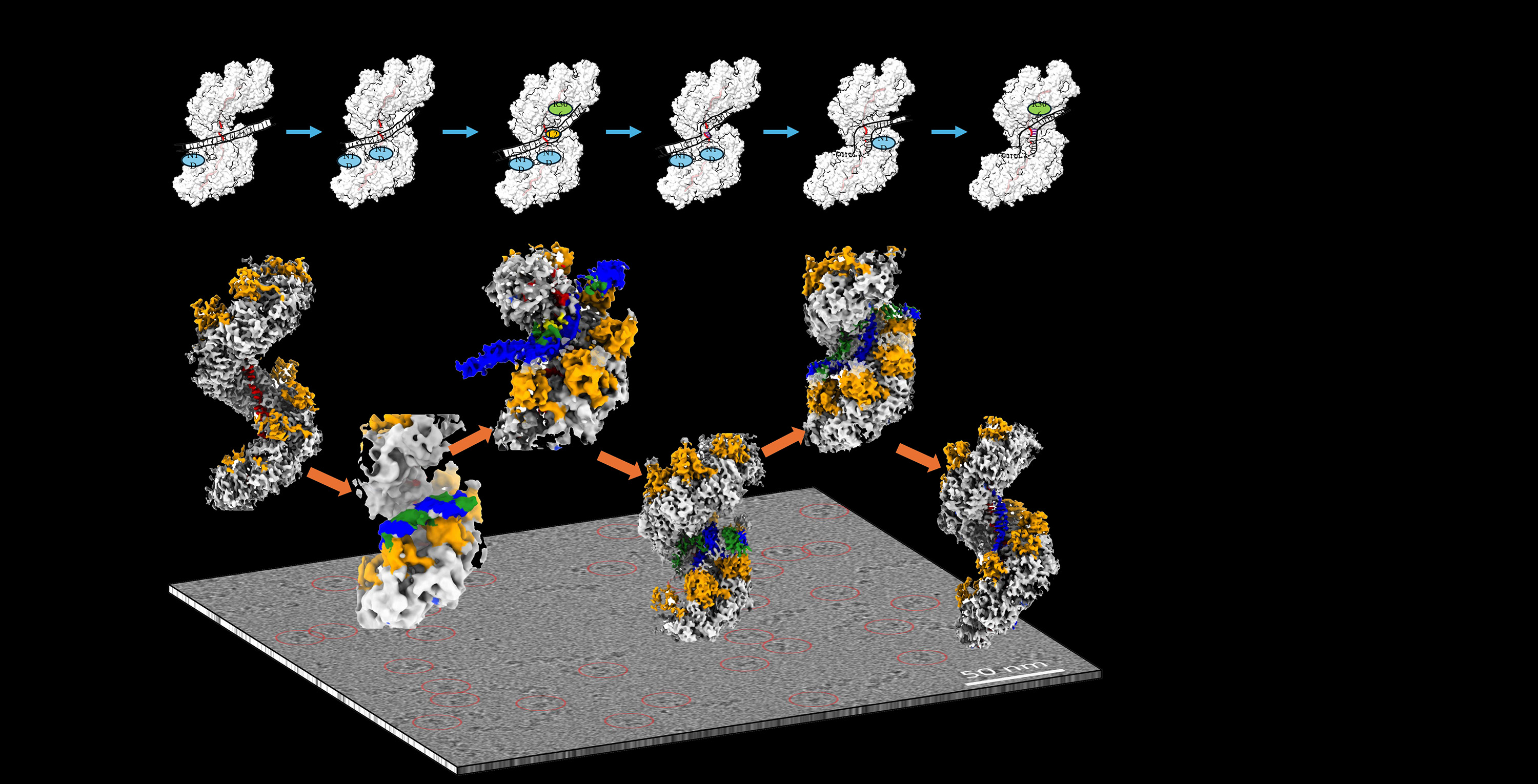3D
8ZDH Asymmetric subunit of Mycobacteriophage Douge Capsid
- Preset
- Cartoon
- Tube
- Lines
- Line Trace
- Smooth Line Trace
- Trace
initialising...
IBC scientists employ state-of-the-art expertise and technologies in chemistry, cell biology, biophysics, structural biology, glycoscience and biotechnology to investigate problems at the frontier of biological science. In particular, we investigate processes where proteins have essential roles.

Studying the role of proteins and their interactions that underlie biology

State-of-art facilities to support research at the chemistry–biology interface

Training the next generation of scientists to probe biology at the molecular level
 近期演講
近期演講
11:00 - 12:00 生化所209研討室
梁智超博士
14:00 - 15:00 生化所209研討室
Fawaz G. Haj博士
11:00 - 12:00 生化所209研討室
Benjamin Myers博士
11:00 - 12:00 生化所209研討室
Donghyuk Shin博士
 論文發表
論文發表
 近期消息
近期消息


 中央研究院 生物化學研究所
中央研究院 生物化學研究所
